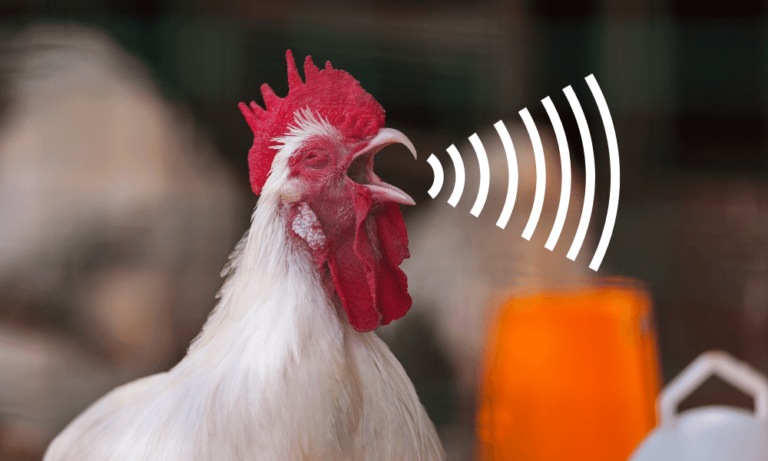A study out of England sheds light on the declining number of moth caterpillars beneath LED streetlights. Compared to unlit areas, there are 52% fewer caterpillars.
The LED streetlights are better for the environment in one aspect—energy efficiency—but are unwittingly affecting another part of the environment. In contrast, the old-style streetlights affected the caterpillar population too, to the tune of a 41% reduction.
The problem? Fewer moth caterpillars lead to fewer moths that pollinate flowers. They are also a food source for local birds and animals.
The threat of light pollution on insects is rising in popularity because it makes insects more visible to predators and disrupts their reproductive cycles.
Turning this into a story, what if there was a Dr. House of ecological disasters?
There would have to be some serious stakes. Let’s say people start turning up dead. Why? A mysterious fungal condition.
Well, it turns out they all swam in the same lake recently. So, the investigator knows the source of the fungus but doesn’t know why it’s proliferating. What if there’s a toad that used to eat the fungus, keeping it in check, but lately the population has declined because there haven’t been enough moths, its primary food source?
This would all require extensive research into biology, but knowing the mystery’s endpoint could help provide a focus on exactly which organisms could cause the ecological change.
The biologist could also deal with local bureaucracy, pleading with the decision-makers to revert changes (like LED streetlights). But, at the end of the day, he goes and smashes them all himself when the local government says they can’t replace functioning streetlights.
One concern is the timescale—there wouldn’t be a clear conclusion to the problem until the end of the moth’s reproductive cycle. This could be remedied if the LED streetlights had a more immediate impact, like the moths all flock to the lights from miles around—where they die—instead of frequenting natural ecosystems.
These could be a series of short stories or novellas, similar to Sherlock Holmes, with a handful of chosen technological disruptions coming together in a single anthology.


